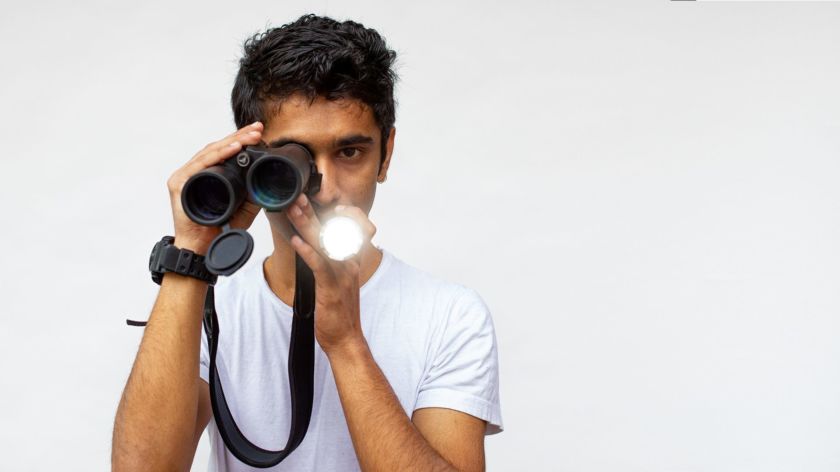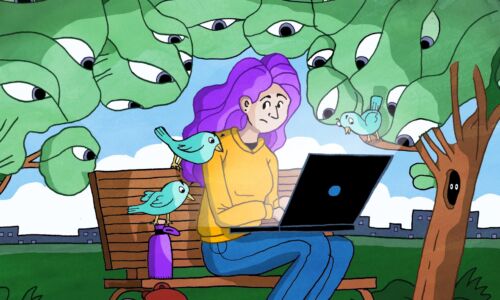India’s Covid nightmare
-
 Reuben Malekar. Photo: Dick van Aalst
Reuben Malekar. Photo: Dick van Aalst
Sometime in April, my phone started buzzing with concerns from my Nijmegen acquaintances about the situation in India. A teacher asked: ‘Are you doing okay? How are your parents doing back home? Everything alright?’ The worries were justified. News about the dead being cremated on the side of the streets and, more recently, simply dumped into the river Ganga were horrifying to say the least.
The news updates and inputs from friends and family back home felt like a nightmare. The poor healthcare infrastructure was inadequate to cope with the huge flow of sick people, triggering what was reported as a ‘bed crisis’ – a severe shortage of everything from life-saving oxygen, ventilators, drugs and even toilet facilities.
But what came as a greater surprise was the lack of trained medical personnel, especially epidemiologists. Some of the world’s top health experts are Indians – with Soumya Swaminathan being the World Health Organization’s current chief scientist and Indian-American Vivek Murthy leading America’s COVID fight as its surgeon general.
India wasn’t left high and dry. But nobody – especially the leaders – was listening to the experts. Something that, perhaps, led to virologist Shahid Jameel’s recent resignation as the chief advisor to the Indian government’s COVID genome surveillance project.
Should the situation in India bother the world? Yes, it should. India’s current situation could have a huge global impact if the pandemic escalates further, as experts are warning. However, while its current state should be a warning, it can also be a lesson. Especially with regard to how states like Kerala and Maharashtra have handled it. With Mumbai’s performance in particular being praised by everyone, including the World Health Organization and India’s Supreme Court.
Asia’s largest slum, the densely populated ‘Dharavi’ in Mumbai, survived 2020 well and continues the fight in 2021. However, elite Indians cannot stop preaching in their righteous way – how the nation’s poor need to live distanced lives and wear the right masks. But while the ordinary Indian may be ignorant of the best practices to deal with the virus, it was up to the authorities to inform about and manage the situation. However, all they did was to implement an ineffective nationwide lockdown in April last year.
Indians are highly religious people whose lives are influenced by strong family and societal norms. The official restrictions on religious festivities and family gatherings were therefore bound to be resented and disobeyed. So, once the lockdown restrictions were slowly relaxed from August 2020 onwards, Indians let loose by celebrating birthdays, marriages and religious festivals with relatives and friends. All this, in combination with celebrations accompanying the just concluded local elections in five states might have led to the prevailing grim situation.
As another disaster, cyclone Tauktae, has hit the western coast of India causing immense damage, I wonder if there’s any hope left for the suffering masses back home. But then I come across an amateur video of majestic Asiatic lions crossing an overflowing river in the Gir forests of Gujarat, probably in search for safer grounds after the cyclone. Can humans too seek more liveable landscapes and change their ways of living in wake of the pandemic?
Frankly, I don’t have an answer at the moment. For here I am at Radboud, rushing furiously to wrap up the academic year, as life goes on – irrespective of this pandemic.
Read Reuben Malekar's blogs here



Tanvi Shah wrote on 10 juni 2021 at 00:11
Perfect transition and vocabulary. I was transported somewhere else. The language used really painted a picture. May India fight this virus and come out stronger.